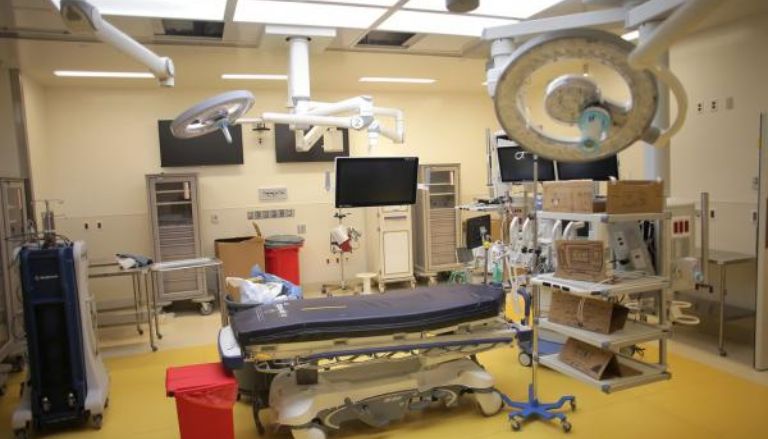Families in Massachusetts face scary obstacles when they try to get medical care that isn’t too expensive. New rules are meant to fix these issues, but experts warn that the system could still fall apart. Some very important people in the state’s health care system are warning that rising costs and limited access to basic care could hurt its quality. As families deal with these problems, one important question stays: will the cost of health care in the Bay State keep going up?
Many families in Massachusetts are struggling with their healthcare
Health care costs are going through the roof in Massachusetts, and insurance officials are very worried about it. They call it a disaster. Cost trends in the double digits have caused insurers to lose a lot of money. This is because prescription drug prices are going up and more people are using them. Heather Thiltgen, head of WellSense Health Plan, says that the state is getting too expensive for consumers, employers, and taxpayers, which is making a lot of families stressed.
Two new health care laws were passed recently and signed into law by Governor Maura Healey. These laws aim to lower prices and make primary care more accessible. Lora Pellegrini, president of the Massachusetts Association of Health Plans, warns that the steps do not put affordability and cost management at the top of the list of priorities. If these important issues are not fixed, families may have to pay more for insurance and have less access to the care they need.
What you need to know about Massachusetts’s health care problem
Some of the best doctors in the country live in Massachusetts, but right now there is a major problem with getting to primary care. A new report from the Health Policy Commission says that more patients are having trouble going to primary care services. For example, patients now have to wait an average of forty days for new appointments. Because they can’t get in on time, many of them end up in emergency rooms.
This problem is made worse by the fact that fewer new doctors are entering general care and doctors are also getting older. According to the study, only one out of every seven newly graduated doctors in the Bay State decided to work in primary care in 2021. This is one of the lowest rates in the country. A primary care doctor at Brigham and Women’s Hospital named Dr. Michael L. Barnett says that as a primary care doctor, there are always needs that come up that may take hours to address. I’ve been able to keep it in check, but it will get too much at some point. A lot of people are leaving the field because they are burned out and don’t get paid enough. This makes an already overworked system even worse.
What can people in the United States expect from health care in the future?
In answer to these concerns, state officials have set up a primary care task to look into how to hire workers and how to pay teachers. Primary care is very important to Governor Healey, and she wants to increase MassHealth’s primary care budget by 10% of all spending. There are warnings from experts that things could get worse if big changes aren’t made to improve pay and working conditions. Families in Massachusetts had to deal with rising costs and limited access to care, so the state’s healthcare system had to change in order to stay open.
To move forward, we will need to be creative and dedicated to putting the needs of both patients and doctors first. Massachusetts is making progress on health care reform, but families are still having to deal with the harsh reality of rising costs and limited access to basic care. Some relief can be found in recent legislative actions, but many families may still have a hard time with a healthcare system that costs more and more if affordability and worker sustainability are not given enough attention. As people try to figure out these tough problems, the future of the Bay State’s healthcare system is at risk.






Leave a Comment